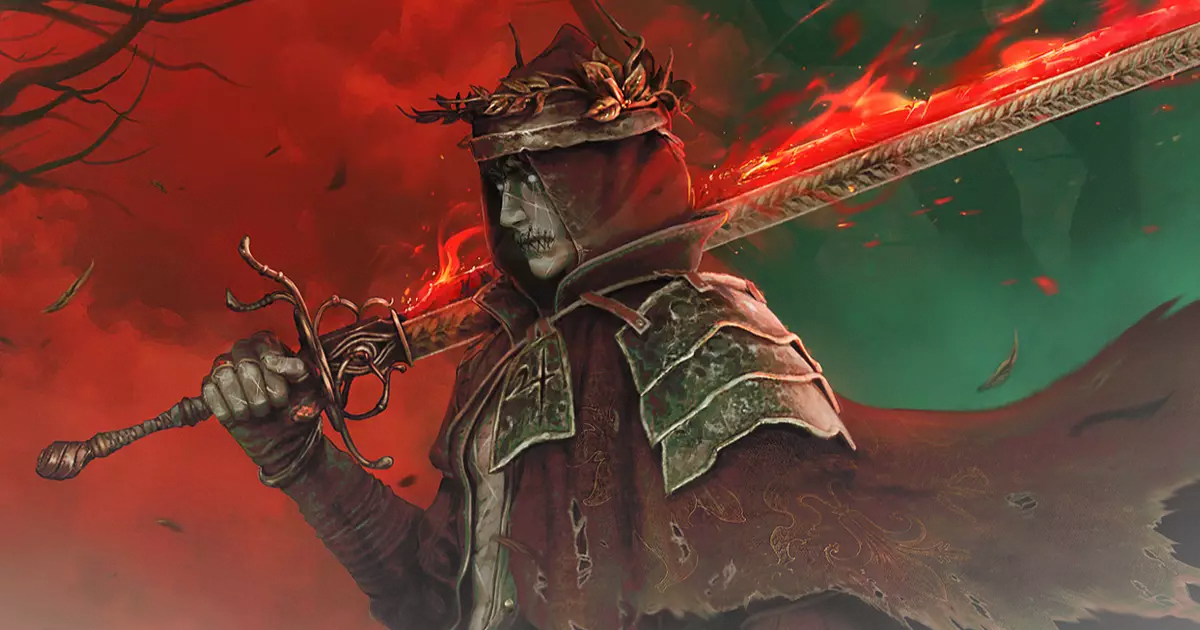The advent of Jyamma Games’ latest project signals an ambitious crossover from the revered corridors of 14th-century poetry into the pulsating heart of contemporary gaming. By drawing inspiration from Dante Alighieri’s *La Divina Commedia*, the developers aim to craft an immersive action-RPG that not only pays homage to the poetic masterpiece but also injects fresh, innovative mechanics that challenge traditional boundaries. This venture is more than a mere adaptation; it’s a courageous attempt to re-envision a literary classic within the digital age’s expectations, blending mythological depth with visceral gameplay elements.
This reimagining accentuates the universe’s multi-layered mythology—an infernal journey through the seven circles of Hell, each representing a cardinal sin. Yet, unlike previous superficial interpretations that reduced Dante’s profound allegory to hack-and-slash tropes, Jyamma’s title promises a universe that appreciates the metaphysical weight of the original work. The game seeks to balance narrative integrity with gameplay complexity, incorporating dynamic combat classes, character customization, and narrative choices that directly influence the world’s architecture. However, the challenge lies in how effectively this respect for Dante’s depth meshes with modern game mechanics like procedurally generated dungeons and loot-based progression.
Innovative Mechanics or Commodification of the Classics?
A core point of contention is whether these new features serve the narrative or merely commodify Dante’s poetical universe. Procedurally generated extraction dungeons—an increasingly popular mechanic—raise eyebrows when placed within a context that originally demanded profound moral reflection. Trading the spiritual journey for loot farming, even in an infernal setting, risks diluting the gravitas of Dante’s moral allegory. It’s difficult to accept that mining hell for resources and customizable gear aligns with the poetic voyage through illuminated sin and redemption.
Furthermore, the inclusion of diverse protagonist genders and a narrative alignment system suggests an effort to modernize the game’s engagement with players. While these elements enhance personalization and replayability, they also threaten to eclipse the spiritual and philosophical themes that are central to Dante’s work. Instead of distilling the essence of Dante’s moral universe, there’s a danger that the game could reduce these themes to a superficial palette of choices and customizations, stripping away the depth that has made the original poem timeless.
Yet, the creators seem aware of these tensions. Their approach appears to be one of cautious reverence, trying to weave a universe that can support both the metaphysical inquiry of Dante and the satisfying mechanics demanded by modern gamers. Whether this balancing act can succeed remains to be seen, but the ambition itself is commendable.
The Cultural Risk of Literary Exploitation
Critics—whether literary purists or cynical gamers—might dismiss Jyamma’s project as another example of commercial-driven retrofitting, risking the trivialization of a solemn monument of literature. The historical and cultural significance of Dante’s poem is enormous, shaping not only Italian language but also influencing Western literary tradition for centuries. Turning this into a game risks alienating scholars and purists who see any adaptation as a potential desecration.
However, this bold approach also introduces a significant cultural challenge: can a game be a respectful vessel for such a complex work? The temptation to cower behind action-packed trailers and flashy visuals might undermine the poetic depth, reducing Dante’s universe to an aesthetic backdrop rather than a philosophical exploration. On the other hand, games possess a unique capacity to democratize inaccessible texts—transforming dense allegories into visceral, emotionally engaging experiences.
Ultimately, the success of this project hinges on whether it can serve as an entry point into Dante’s universe, encouraging players to further explore the original poem’s themes and moral questions. To succeed in this aim, Jyamma will need to walk a tightrope between engaging gameplay and respectful homage, resisting the allure of cheap spectacle in favor of insightful storytelling.
In sum, Jyamma’s venture into Dante-inspired territory is fraught with complexity—both technologically and culturally. It’s a gamble to turn a revered epic into a playable experience, but one that could redefine how literary classics are approached in the future. The hope remains that amidst the chaos of demons and loot, a deeper reflection on morality and redemption might still find a voice.


Leave a Reply